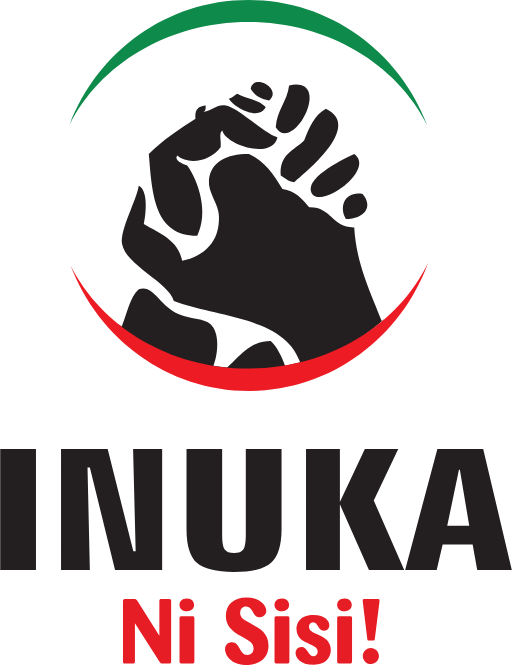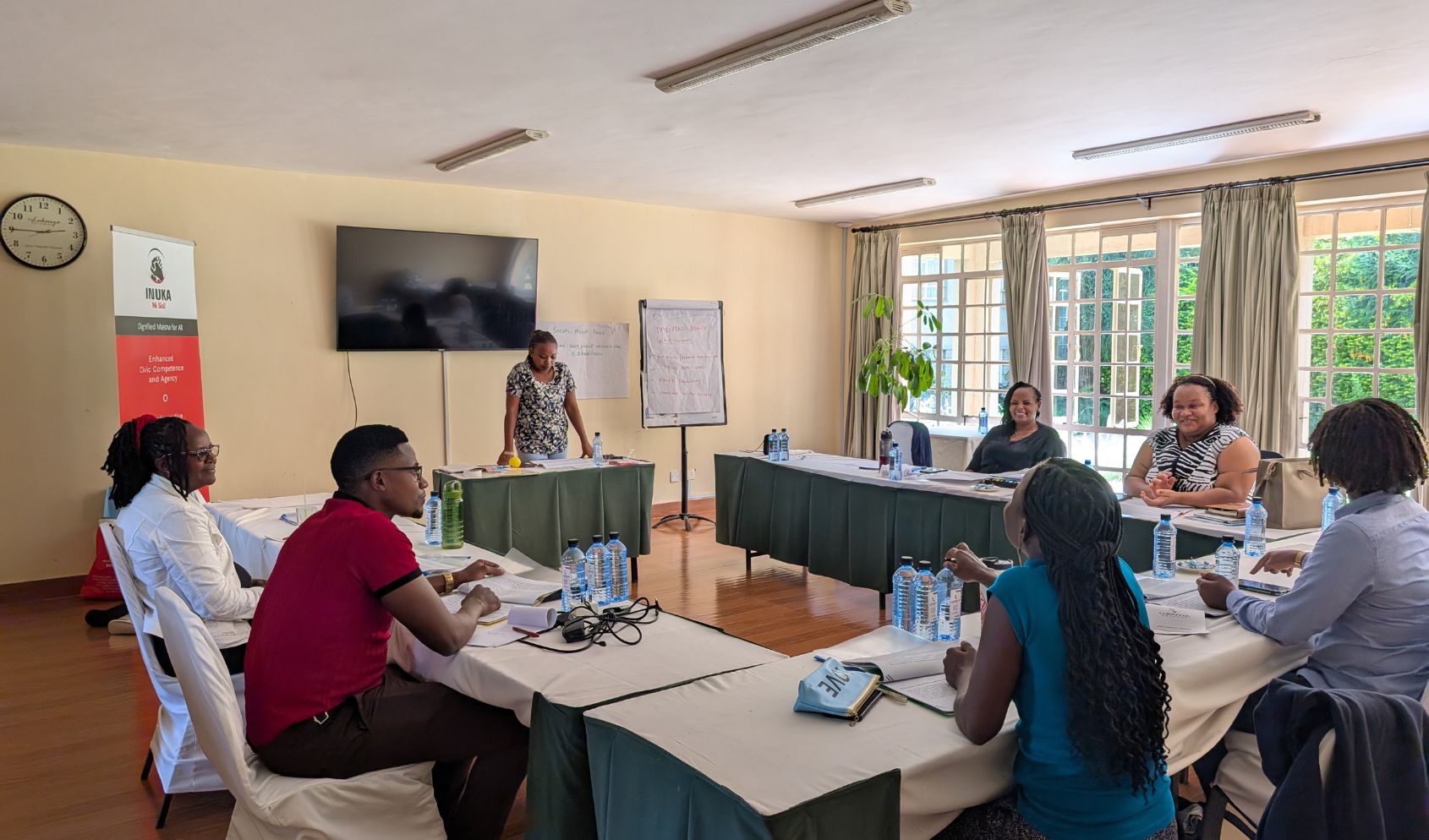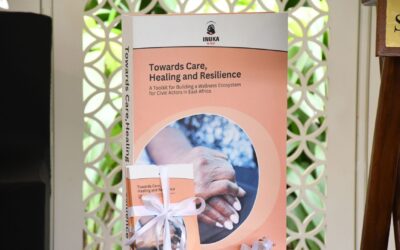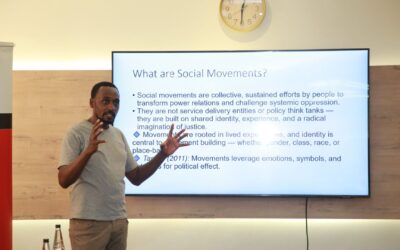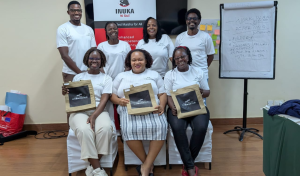 Inuka Kenya Ni Sisi! hosted a trans-formative three-day mental health curriculum training, bringing together civic actors from Kenya, Uganda, and Tanzania to delve into a topic that’s often overlooked in the world of advocacy: mental wellness. In a space filled with human rights defenders, community leaders, and activists, the air buzzed with both the weight of the work they do and the collective realisation that caring for others begins with caring for themselves.
Inuka Kenya Ni Sisi! hosted a trans-formative three-day mental health curriculum training, bringing together civic actors from Kenya, Uganda, and Tanzania to delve into a topic that’s often overlooked in the world of advocacy: mental wellness. In a space filled with human rights defenders, community leaders, and activists, the air buzzed with both the weight of the work they do and the collective realisation that caring for others begins with caring for themselves.
The training opened with a simple, yet profound truth: advocacy without self-care is a ticking time bomb. Civic actors, who often operate at the frontlines of societal change, are exposed to intense stress and trauma, from organising protests to witnessing injustice up close. It’s a reality that many had never acknowledged before, but as the room filled with stories of burnout, anxiety, and compassion fatigue, the need for wellness programs became clear.
In a world where they fight for others’ rights, it’s easy for civic actors to forget about their mental health. But this training reminded them that to continue their work, they must first protect their minds and bodies. Self-care is not a luxury—it’s a tool for survival and success. When your mind is at peace, you can think clearly, act decisively, and push forward with your mission. Without it, you risk burnout, making decisions from a place of exhaustion, and ultimately compromising the very change you’re trying to create.
As the training progressed, participants explored a variety of practical tools for managing stress, building resilience, and preventing burnout. They discovered that mental health is not a one-time check-in, but a continuous process of self-awareness and self-care. Together, they learned about creating wellness programs within their organisations—programs that would not only provide support but also create a culture where mental health is prioritised, understood, and destigmatised.
The conversation shifted toward peer support, with the group engaging in exercises to build empathy and vulnerability. They realised that mental health isn’t just something that happens in isolation; it thrives in communities that support each other. Through sharing stories, offering affirmations, and encouraging one another, they began to understand the power of collective healing. The simple act of listening, without judgment, became an invaluable tool for restoring balance in their personal and professional lives.
As they delved deeper, they uncovered the most radical form of activism: taking care of themselves. Every participant was encouraged to identify their emotional triggers, learn how to manage them, and, most importantly, set boundaries to protect their mental and emotional space. With the constant pressure to advocate for justice and the public’s expectation to always be “on,” this was a revelation. Self-care wasn’t selfish—it was essential to the work they do. The more they nurture their well-being, the better they are equipped to support the communities they serve.
By the end of the training, it was clear that this wasn’t just about learning techniques for managing stress—it was about rethinking how they approach activism. It was about redefining the narrative that to fight for justice, you have to sacrifice your health. It’s the opposite: to fight for justice, you must be mentally and physically healthy.
In the end, the health of the activist is the heart of the movement.
